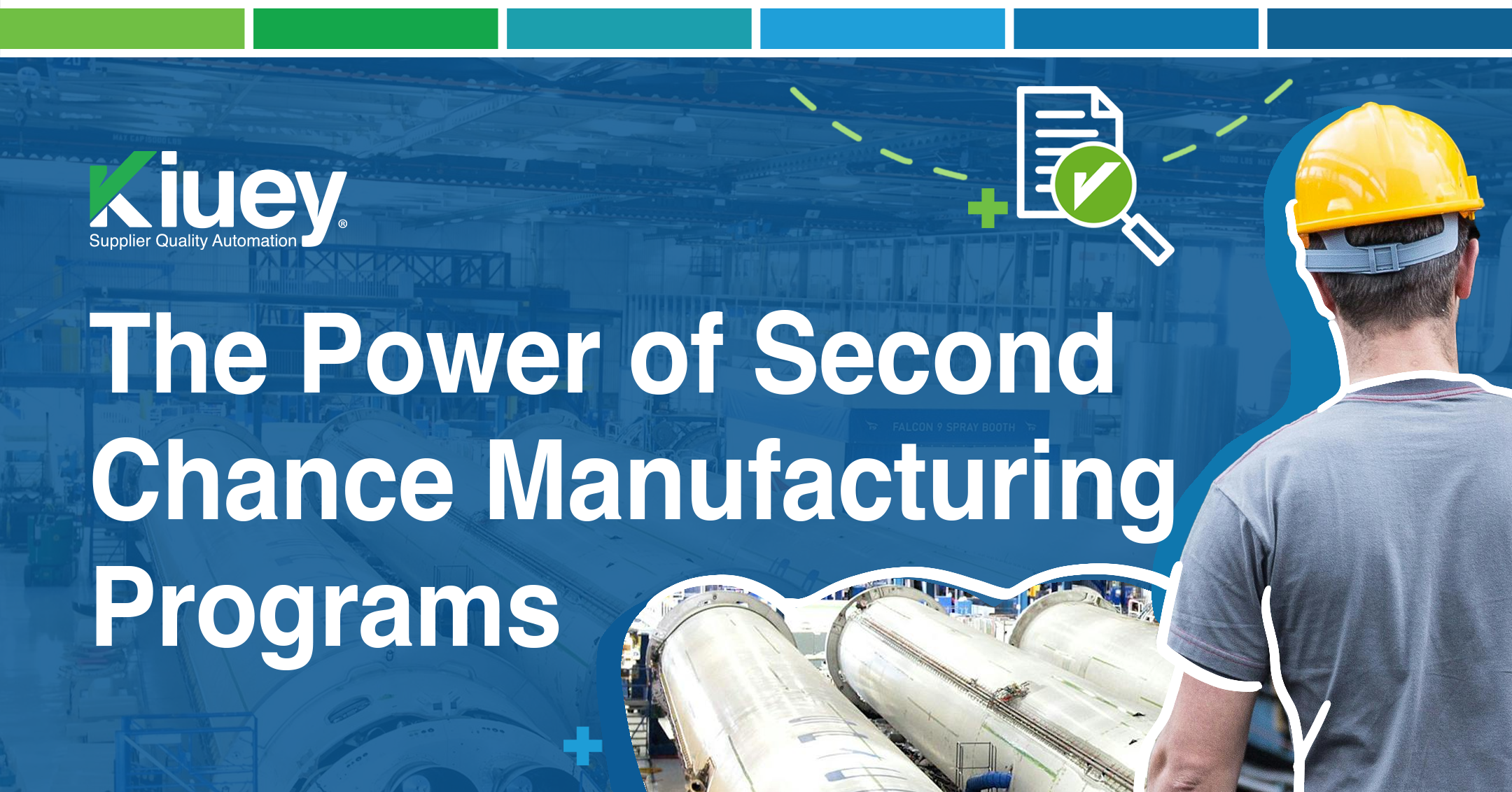The Power of Second Chance on Manufacturing Programs

Workforce shortages continue to challenge manufacturers. One promising solution lies in hiring individuals with prior involvement in the justice system – often referred to as “second chance” citizens. This demographic represents a largely untapped talent pool, offering valuable skills, dedication, and a strong work ethic. Contrary to common assumptions, studies and real-world examples demonstrate that this group can be a significant asset, often exhibiting higher retention rates than employees hired from the general population.
Many second chance workers possess pre-existing skills from previous employment or self-taught trades. While some may require additional training to meet specific manufacturing needs, their eagerness to learn and grow makes them valuable, long-term employees. For manufacturers struggling with recruitment, this talent pool presents an opportunity to fill critical gaps with motivated and skilled individuals seeking well-paying jobs.
Second Chance Benefits for Smaller Manufacturers
Smaller manufacturers can significantly benefit from partnering with second chance programs or developing their own workforce development strategies. Key advantages include:
- Addressing Workforce Gaps: Second chance citizens offer a readily available resource to fill open positions, particularly entry-level roles where shortages are most acute.
- Improved Retention: Companies hiring second chance workers frequently report higher retention rates. These employees are often highly motivated and committed to proving themselves, leading to greater stability within the workforce.
- Cost-Effective Training: Many programs offer streamlined, cost-effective training solutions, rapidly equipping workers with necessary skills without the expense and time commitment of traditional training methods.
- Community Support: Second chance programs often collaborate with local non-profits, parole offices, and other community organizations to provide wraparound services like housing assistance, childcare, and transportation. This integrated support increases the likelihood of employee success and reduces absenteeism or turnover.
Overcoming Challenges and Implementation
While the benefits are substantial, integrating second chance workers requires careful consideration. Individuals may face challenges like limited work schedules, transportation issues, or parole obligations. Manufacturers can address these by offering flexible work hours, job-sharing, or part-time options while employees navigate these responsibilities.
Additionally, some may require time to adjust to the demands of a manufacturing environment. Providing ongoing mentorship, support, and clear communication regarding job expectations and safety protocols is crucial.
Tips for Successful Integration
- Review Job Descriptions: Re-evaluate hiring criteria and consider removing automatic disqualifications based on criminal records. Focus on skills, experience, and willingness to learn.
- Flexible Scheduling: Accommodate potential scheduling challenges by offering flexible hours or part-time positions, particularly during the initial transition period.
- Collaborate with Local Support Services: Partner with community organizations, parole officers, and re-entry programs. These organizations can connect new hires with essential resources like transportation and housing.
- Provide Transitional Support: Clearly communicate job expectations, performance standards, and safety protocols. Encourage open communication and provide regular, constructive feedback.
Invest in Additional Training: Supplement program training with on-the-job mentorship and support to help employees adapt to company-specific processes. - Foster Open Communication: Regularly engage with new hires, soliciting feedback and addressing any unforeseen challenges they may encounter. Proactive support can significantly contribute to their success.
A Strategic Approach
Tapping into the second chance talent pool offers smaller manufacturers a strategic solution to address workforce shortages while making a positive impact. By providing training and support, manufacturers can help these individuals establish successful careers, benefiting from their skills and dedication. With careful planning and implementation, hiring second chance workers can be a win-win for businesses and the community.
Subscribe to our newsletter.
Your go-to destination for insights, best practices, and innovative solutions in supplier quality assurance.
Categories
Let's talk to see how PPAP Manager can help your company to save time and money.




